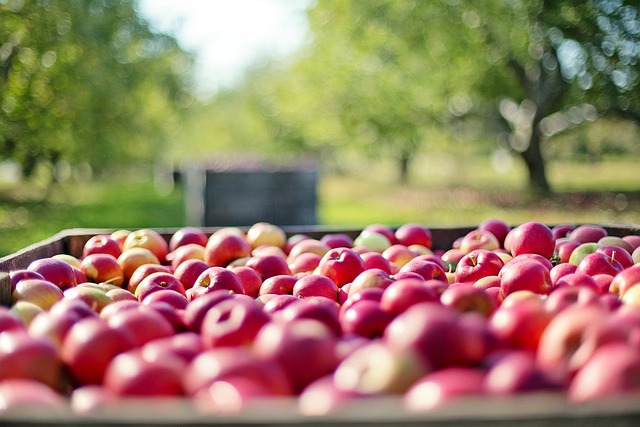The gut is often referred to as the second brain of the body as it plays a crucial role in maintaining overall health and well-being. And when it comes to keeping our gut healthy, there’s a group of superheroes that come to the rescue – probiotics. These microscopic organisms, often found in fermented foods and supplements, have some incredible health benefits that can have a positive impact on our digestion, immune system, and overall quality of life.
The Power of Probiotics
Probiotics are live bacteria and yeasts that can benefit our health when consumed in adequate amounts. They work by repopulating our gut with beneficial microorganisms, which can improve various aspects of our well-being.
Gut Health
One of the main benefits of probiotics is their ability to restore balance in the gut. Our gut is home to trillions of bacteria that play a crucial role in digestion, nutrient absorption, and immune function. When this delicate balance is disrupted, it can lead to various digestive issues like bloating, gas, and constipation. Probiotics help maintain a healthy balance of gut bacteria, reducing the risk of these problems and promoting optimal digestion.
Boosting the Immune System
Did you know that a significant portion of our immune system resides in our gut? Probiotics can help enhance the function of our immune system by increasing the production of antibodies, stimulating white blood cells, and regulating immune responses. This can lead to a reduced risk of infections, allergies, and autoimmune conditions.
Improved Mental Health
There is a growing body of evidence linking gut health to mental health. The gut and brain are connected through a complex network called the gut-brain axis. Probiotics can positively impact this axis by reducing inflammation in the gut, producing neurotransmitters like serotonin, and improving stress response. Studies have shown that probiotics may help reduce symptoms of anxiety, depression, and even improve cognitive function.
Sources of Probiotics
Probiotics can be obtained through both natural food sources and supplements.
Yogurt and Fermented Foods
Yogurt is one of the most well-known sources of probiotics. Look for yogurts labeled with “live and active cultures.” Other fermented foods like sauerkraut, kimchi, kefir, and kombucha also contain beneficial probiotic strains. Including these foods in your diet can help support a healthy gut.
Probiotic Supplements
If you’re unable to consume probiotics through food sources, supplements are a convenient alternative. Probiotic supplements provide specific strains of bacteria in concentrated amounts, ensuring you get an adequate dose of probiotics daily. It’s essential to choose a high-quality supplement from a reputable brand to ensure potency and effectiveness.
Choosing the Right Probiotic
Not all probiotics are created equal, and choosing the right one can make a significant difference in their effectiveness.
Strain Diversity
Look for a probiotic supplement that contains multiple strains of bacteria. Each strain has a different function and can work synergistically to provide a wide range of health benefits. Aim for a variety of both Lactobacilli and Bifidobacteria strains.
Colony Forming Units (CFUs)
The CFU count indicates the number of viable bacteria in a supplement. Higher CFU counts are not necessarily better; different health conditions may require different CFU counts. For general health maintenance, aim for a supplement with 10-20 billion CFUs.
Survivability
Probiotics need to survive the journey through the acidic environment of the stomach to reach the intestines alive. Look for supplements with enteric coating or encapsulated probiotics for better survival rates.
Adding Probiotics to Your Routine
Here are some tips to help you incorporate more probiotics into your daily routine:
Start Slow
If you’re new to probiotics, start by introducing them slowly to allow for adjustment. Begin with a low dose and gradually increase it as your gut gets accustomed to the new bacteria.
Be Consistent
To experience the full benefits of probiotics, consistency is key. Take your probiotic supplement or enjoy fermented foods regularly to maintain a healthy gut microbiome.
Combine with Prebiotics
Prebiotics are a type of dietary fiber that serves as food for probiotics. Including prebiotic-rich foods like bananas, onions, garlic, and whole grains in your diet can help nourish the probiotics in







